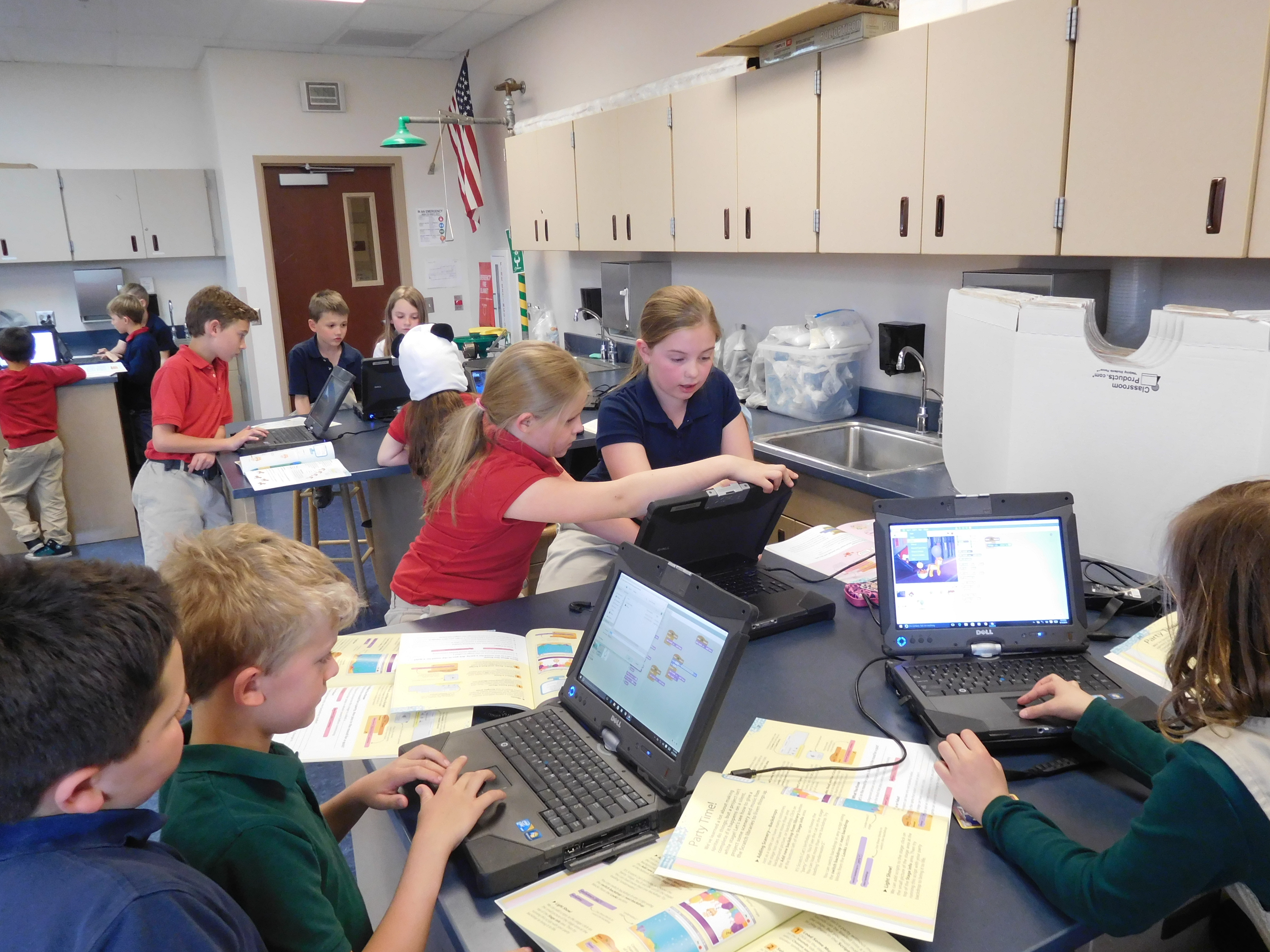
How U.S. Students Stack Up in Math, Reading and Science
Irina Foster, Engineer, Master’s of Science, LEED AP, Academic Director of Science Playhouse
“More than 1 in 4 15-year-olds living in economically developed countries – some 13 million students – do not have a basic level of knowledge in at least one of the three core subjects: math, reading and science. In some countries, the statistic is worse, with more than 1 in 2 students lacking such baseline proficiency. And that poor performance holds ramifications that reach far beyond just a report card. Those are just some of the top-line findings tucked inside a 212-page report from the Organisation for Economic Co-operation and Development, or OECD, which analyzed data from the 64 countries that participated in the latest international education assessment, known as the Programme for International Student Assessment, or PISA.”
Apparently, both Finnish and Polish grade school kids are the smartest in the world, while American kids lag far behind. What are Finland and Poland doing right? What is America doing wrong? And what does it really mean to be the smartest kid in the world? I have recently read a fascinating book by Amanda Ripley “The Smartest Kids in the World and How They Got That Way”. In many ways, Amanda’s research on various education systems around the world is eye opening.
While the kids in Poland and Finland get rigorous education in math and sciences, American education doesn’t seem to put much emphasis on STEM. We don’t challenge the students nearly enough, Amanda says. Also, our elementary grade teachers themselves often are not excited about math and sciences, or worse – they don’t know enough of it to teach it ; they are a lot more comfortable with “soft” subjects.
But what about these “soft” subjects? Aren’t they just as important as STEM in raising “the smartest kids in the world”? I would say yes! In fact, it is estimated that over 65% of all jobs that our elementary school age kids will have do not exist today! That’s right, we can’t even imagine what our 5th graders will do for a living. How do we prepare them for the new world? Some experts say, we need to give them the tools to succeed by combining rigorous STEM education with the creativity of “soft” subjects. We need to teach them programming language as well as English and foreign languages. We need to expose them to sciences and technology a lot earlier, starting in Kindergarten and 1st and 2nd grade.
And if the schools can’t deliver, we parents can turn to after school and holiday camps in STEM.
Please check out the following opportunities: www.scienceplayhouse.com (Colorado Springs, Monument, Castle Rock, Denver); Russian School of Math (available on-line); Silicon STEM Academy (Denver based).
Reference: How U.S. Students Stack Up in Math, Reading and Science (U.S. News & World Report)
Search
© Copyright 2018 by Science Playhouse

Leave a Reply